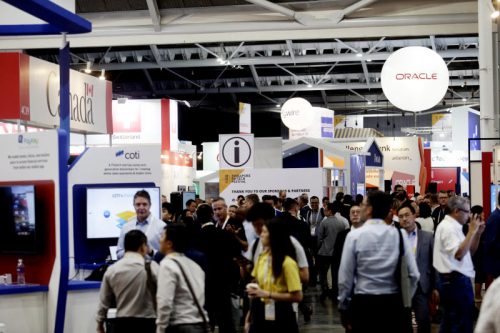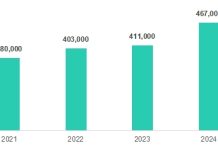
Singapore’s core inflation rose to a 10-year high of 2.9 percent year-on-year in March, up from 2.2 percent in February, official data released today has shown.
The last time core inflation was at 2.9 percent year-on-year was in March 2012.
The increase was driven by higher inflation for food and services, the Monetary Authority of Singapore (MAS) and the Ministry of Trade and Industry (MTI) said in a joint release.
March’s headline consumer price index, or overall inflation, came in at 5.4 percent year-on-year, up from 4.3 percent in February.
In addition to the pick-up in core inflation, private transport and accommodation inflation also came in higher.
Core inflation excludes accommodation and private transport costs. These items are excluded as they tend to be significantly influenced by supply-side administrative policies and are volatile.
“External inflationary pressures have intensified amid sharp increases in global commodity prices and renewed supply chain disruptions driven by both the Russia‐Ukraine conflict and the regional pandemic situation,” the joint statement said.
“In the near term, heightened geopolitical risks and tight supply conditions will keep crude oil prices elevated. Supply‐demand mismatches in other commodity markets, as well as bottlenecks in global transportation and regional supply chains, are also likely to persist.”














